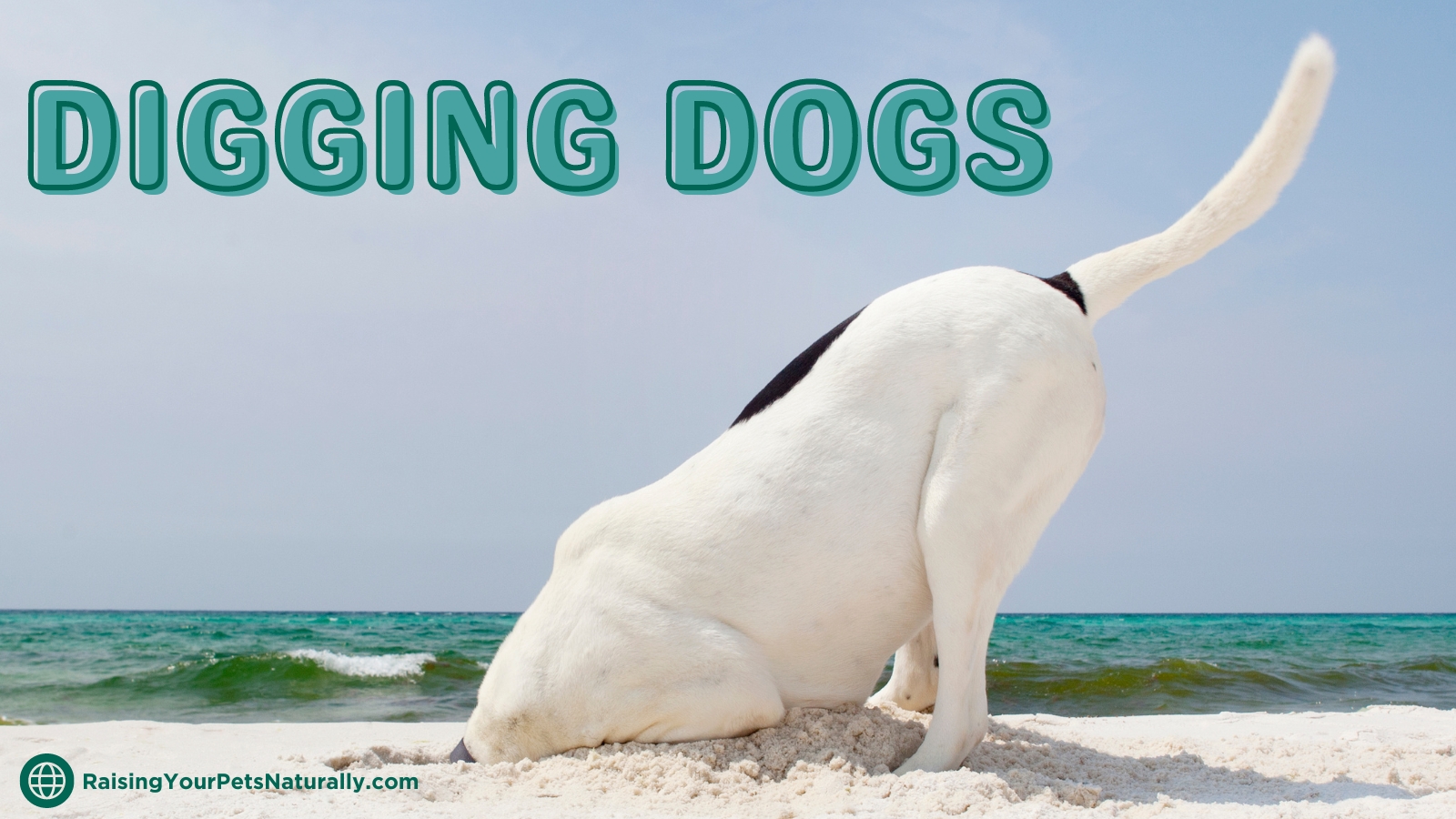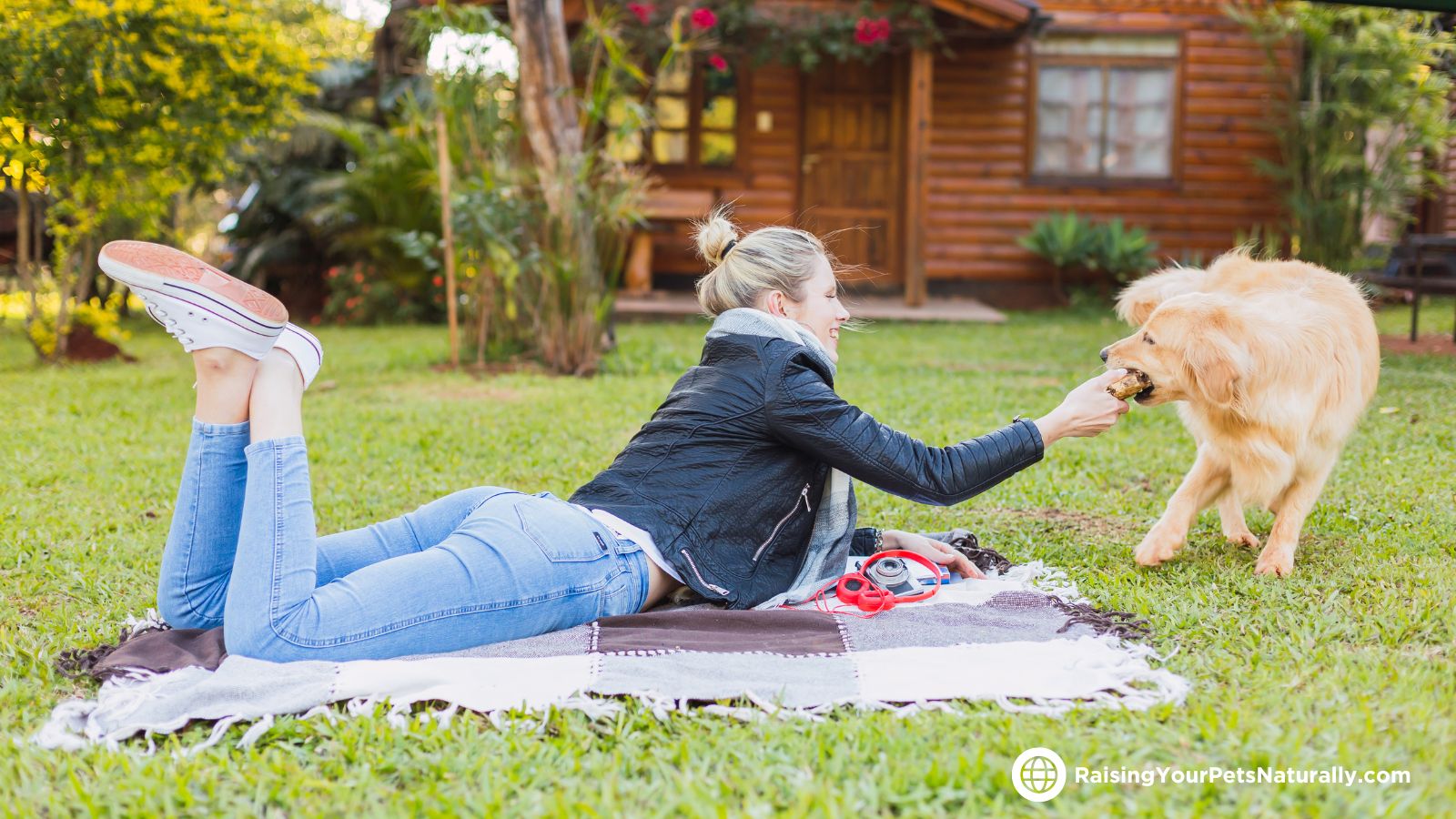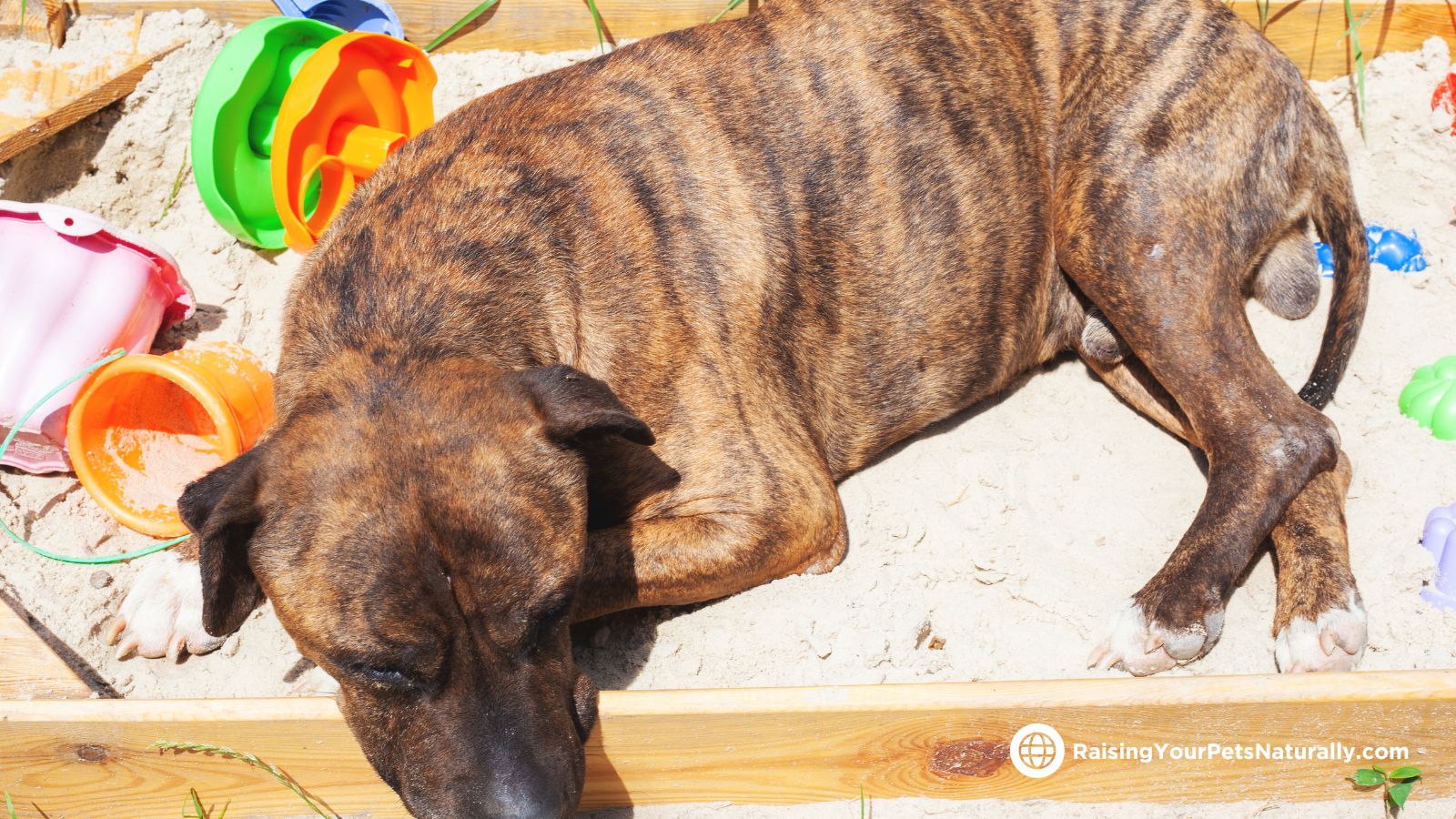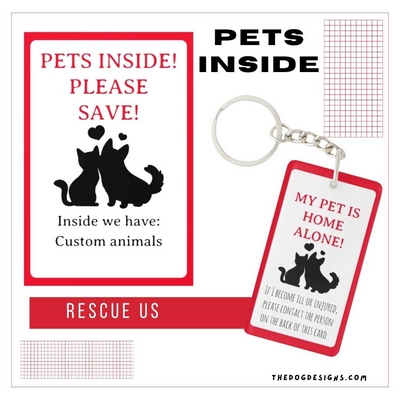Google Adsense—>

Why Do Dogs Dig and How to Stop a Dog From Digging

Have you ever wondered why your dog loves to dig? Today I’m going to share the top five reasons why dogs dig and how you can help stop this behavior.
First things first: it’s important to remember that dogs are, well, dogs. They naturally engage in behaviors that they find enjoyable. So, if you want to address your dog’s digging habit, you’ll need to be patient and do your part as well.
Watch and don’t forget to subscribe for more.
Why Do Dogs Dig #1
One common reason dogs dig is simply because they’re bored or find it fun. Just like kids playing in a sandbox, dogs have a blast digging and exploring. So, when you’re in the yard with your pup, make the environment more entertaining. Give your dog lots of suitable outside activities to engage in, and, if they start to dig, divert them to something else.
One effective method is to use food toys. These are special toys that you can fill with treats. This engages your dog’s natural instincts for hunting and foraging while also stimulating their minds. You can also create a designated digging area, like a sandbox, filled with loose dirt. Show your dog where to dig and encourage them to do it there.

Another great idea is to play with your dog in the yard. Interact with them and make it a fun experience. After all, your yard should be a place of companionship and engagement, not just a space for your dog to wander and entertain themself. By supervising and guiding them, you can prevent undesirable behaviors like digging.
Why Do Dogs Dig #2
Now, let’s talk about the second reason why dogs dig—hunting. Even if your dog is a lap dog or a companion breed, they still have a bit of hunting DNA in them. So, when they dig, they might be trying to find moles, voles, or even bugs. If your dog is digging indoors, it’s important to distract them and discourage the behavior. For example, you can place a cotton ball with a drop of peppermint essential oil in vents to discourage critters. If needed, call in professional critter control to safely remove any unwanted guests.

Why Do Dogs Dig #3
The third reason dogs dig is to stay cool on hot summer days. Digging in the cool dirt provides relief from the heat. To address this, make sure your dog has access to cooling options like shade, grass, small pools, or cooling jackets. Limit their outdoor activities during extreme heat and always provide plenty of fresh, cold water.
Why Do Dogs Dig #4
Stress and anxiety can be another cause of digging. Dogs with noise phobias or anxiety may dig as a way to escape or alleviate their stress. It’s crucial to work with a professional who specializes in dog anxiety and behavior issues to address this problem. Avoid taking your dog outside during fireworks or thunderstorms. It is best to keep fearful dogs inside. If you must take them outside, leash them, and make sure their harness is fitted correctly. Safety first.

Why Do Dogs Dig #5
Lastly, some dogs dig in their beds as an instinctual behavior passed down through generations. If your dog is just trying to get comfortable, there’s no need to worry. However, if they seem overly stressed or obsessed with digging in their bed, calmly redirect their attention to something else, like a filled treat toy or chew bone. Avoid reprimanding or getting upset, as this can increase anxiety and lead to repetitive behaviors.
Understanding why your dog is digging is the first step in addressing this behavior. Whether it’s boredom, hunting instincts, staying cool, stress, or simply seeking comfort, there are ways you can help your dog overcome their digging habits. By providing activities and designated digging areas, addressing cooling needs, managing stress, and redirecting attention, you can guide your dog toward better behavior. Remember, it takes time, patience, and consistency to modify your dog’s behavior, but the effort is worth it for a happy and well-behaved canine companion for many years to come.
Your questions or comments are welcome below.
Are you looking for even more ways to stay up to date with Raising Your Pets Naturally? Sign up for the newsletter for more tips and promotions. Don’t forget to be social and Like, Follow and Subscribe. Comments below are always welcome.
Facebook Twitter Pinterest Instagram YouTube
 |
 |
 |

If you found my blog helpful, please consider a small contribution. Dexter and I thank you! |
Google Adsense—>



